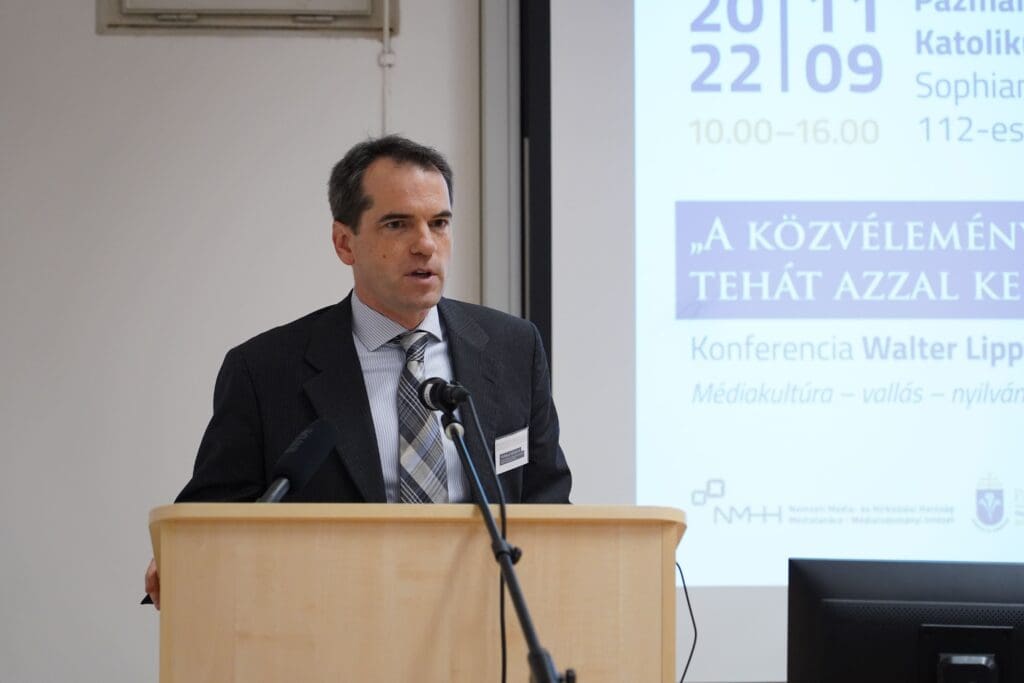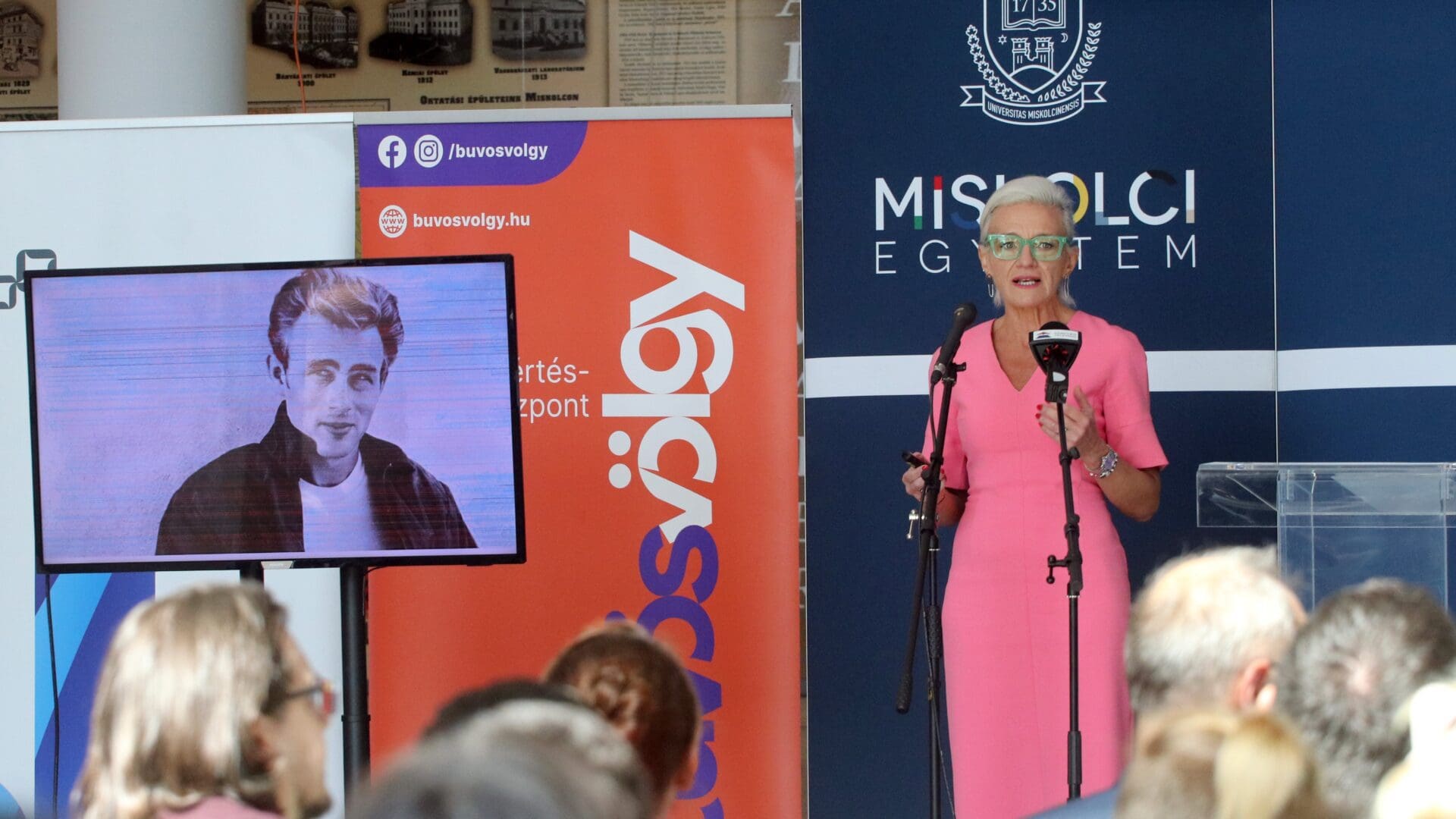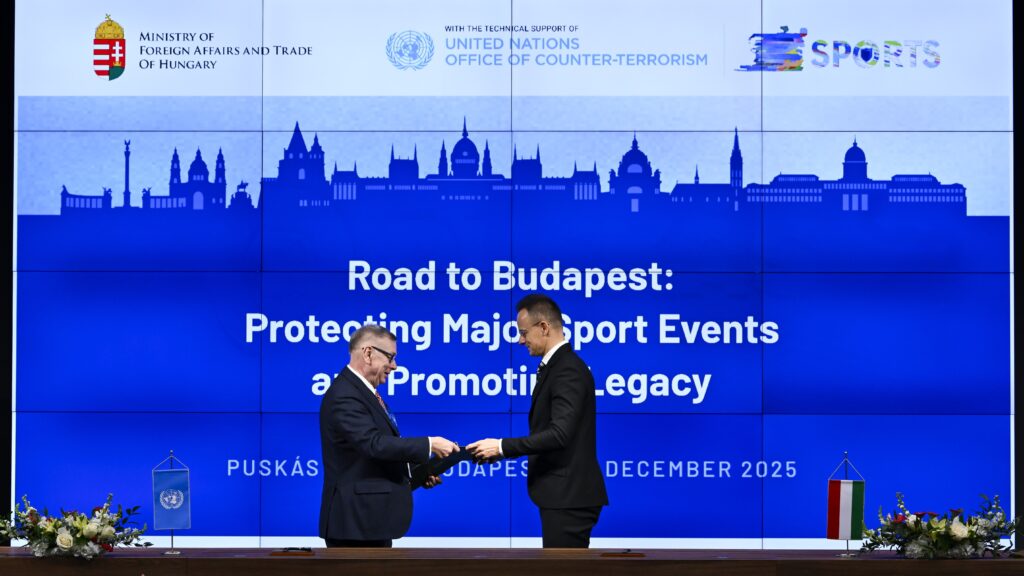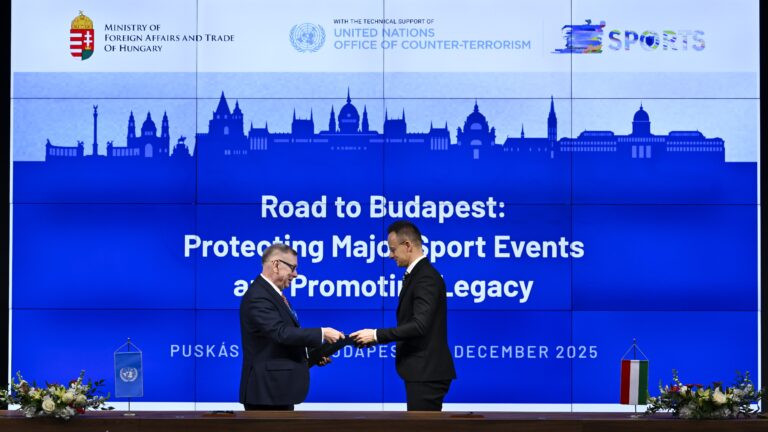‘For families, in addition to time spent together in person, “time spent time together digitally” is also very important,’ the head of the Institute of Media Studies at the National Media and Infocommunications Authority (NMHH) Levente Nyakas emphasized last Thursday, 7 September, in Miskolc, Hungary.
During his presentation at the media authority’s conference on the regulatory challenges of child protection, Nyakas highlighted the importance of shared interpretations of media content and the world in a parent-child relationship.
It is essential that parents understand and are aware of the content their children consume.
Nyakas explained that child protection regulation consists of three elements: state-level regulation, family-level regulation, and industry-level regulation. He went on to stress the crucial role of the family, as parents supervise their children’s media consumption and contribute to their development while shaping norms.
Nyakas elaborated on the dual role of the state in regulation: it restricts access, determining the time slots in which certain types of content can be broadcast on television, and it also seeks to provide access to appropriate content. This is achieved through film support programmes that create suitable media content for children, as well as various media literacy programmes aimed at both children and their parents.
The head of the institute also noted that at the third level of regulation, content providers are responsible for adhering to classification rules and other technical access control rules. He mentioned that international content providers often have different perspectives on child protection, so classifications seen, for example, in an American streaming service likely do not align with Hungarian cultural norms.

At the conference, the next presenter, NMHH chief advisory officer Tamás Kollarik and a university lecturer at Pázmány Péter Catholic University Sándor Takó discussed the origin of the Hollywood film industry and the history of film. Kollarik explained that film initially started as an entertainment industry product for economic gain, with its founders not anticipating that it would become ‘one of the most significant cultural, economic, and even society-shaping’ art forms of the 20th century. He discussed the development of the film industry and mentioned Jenő Janovics, who played a pivotal role in establishing film production in Kolozsvár. Prominent figures like Sándor Korda and Mihály Kertész emerged from his film studio, with Kertész having worked on over 60 Hollywood films during his career, including the 1942 classic Casablanca.
Research associate at the NMHH Edina Soós presented the results of the joint research carried out by the media authority and the Data-Driven Marketing Association.
The study examined how conscious Hungarian adult internet users are about managing and protecting their data.
Soós stated that there is a high degree of uncertainty and concern when it comes to data security and data protection. Distrust and frustration often stem from the forced acceptance of data processing terms and the opaqueness of data protection disclosures. The results of the study indicate that Hungarian internet users have mixed practices concerning internet data protection. The majority primarily rely on data the protection software they use, and approximately 50 per cent make use of data protection settings, and employ two-factor authentication.
Research director at NMHH and a university lecturer at the Moholy-Nagy University of Art and Design (MOME) Petra Aczél discussed the future of media and communication in her presentation. She talked about the role of deepfake technology and artificial intelligence and the importance of media literacy. Meanwhile, NMHH director András Mádl spoke about the attendance of domestic film theatres, changes in the number of cinemas and films screened, the fluctuation of Hungarian cinema ticket prices, and the impact of the coronavirus pandemic on cinemas.
Related articles:
Source: Hungarian Conservative/NMHH/MTI







